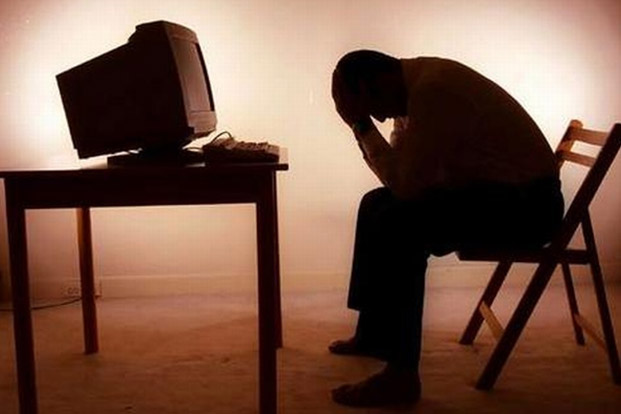Stress due to work
Apr 19, 2022
Stress in mechanics is a load, pull or force or a system of forces producing a strain. In life, any event or situation that produces a strain therefore induces a physiological strain.
At work place, a system of forces work to produce desired results which more often than not produce a state of strain or makes an individual’s life stressful. But the consequences of chronic stress are not just on individual health and well being but on the organizations as well. This affects the productivity and competitiveness. When an organisation faces a challenge, the flight or fright reaction ensues leading to increased threat perception, alertness and activity. In short term, it can improve productivity, but in case a state of threat is perpetually present like in case of a team led by an anxious or high strung individual, it produces chronic stress leading to lowering of performance. More often, sources of stress at work place are poor communication, unclear roles, discrepancies in expectations and skills, insecurity and sudden and significant change in work structure , to list a few.
Sources of Organisational Stress
- Poor communication
- Unclear role / objectives
- Change
- Role conflict (project management)
- Career uncertainty/stagnation
- Over / under promotion
- Lack of training
- Social or physical isolation
- Unrealistic deadlines / targets
- Travel
- Lack of control over decisions
- Inadequate supervision
- Lack of feedback on good performance
- New technology
- Work overload / underload
- Long working hours
The nervous system of an individual facing work stress due to any factor will react by producing a flight or fight response with ensuing physiological and/or psychological changes. These changes produce behavioural effects which if prolonged can be identified as signs of stress. While physical effects of stress lead to higher sick leaves, accident and absenteeism, psychological effects cause high anxiety and irritability leading to lower performance, disturbances in interpersonal relationship and more mistakes and miscalculations due to disturbance in concentration and self confidence .

Signs of rising stress:
- Disturbed sleep
- Loss of pleasure in things once enjoyed
- Appetite changes
- Irritability and impatience
- Tiredness, lack of energy
- Inability of concentrate, meet deadlines or make decisions
- Increasing cynicism or loss of trust
- Anxiety / panic attacks
- Sense of losing control over events
Concerns over the effects of organizational stress on productivity, absenteeism and health related problems and consumption have substantially increased over past few decades. Employee health and well being are important assets to organizations and businesses. The Human Resource Department thus needs to watch for signs of stress in the employees and create an environment where the effects of stress can be mitigated. It requires understanding individual skills and deficiencies, clear and adequate communication, promoting an environment where deficiencies can be worked on without lowering self esteem or producing insecurity, encouraging support among team/staff members etc. On a personal level, individuals need to reduce stress by prioritizing their goals and following time management and self -fulfilment activities.
Ways to control stress
Communication
- Agree targets
- Review progress
Take control
- Participate in decisions
- Ensure travel commitments are reasonable
- Update training
Make time for yourself
- Allocate ‘self’ time
- Pursue a hobby
Look after yourself
- Exercise
- Diet
- Access support (Manager, Occupational Health / HR, Local agencies)
An in house counsellor who can maintain confidentiality and acts a bridge between the organization leaders and teams goes a long way in ensuring adequate stress management.




